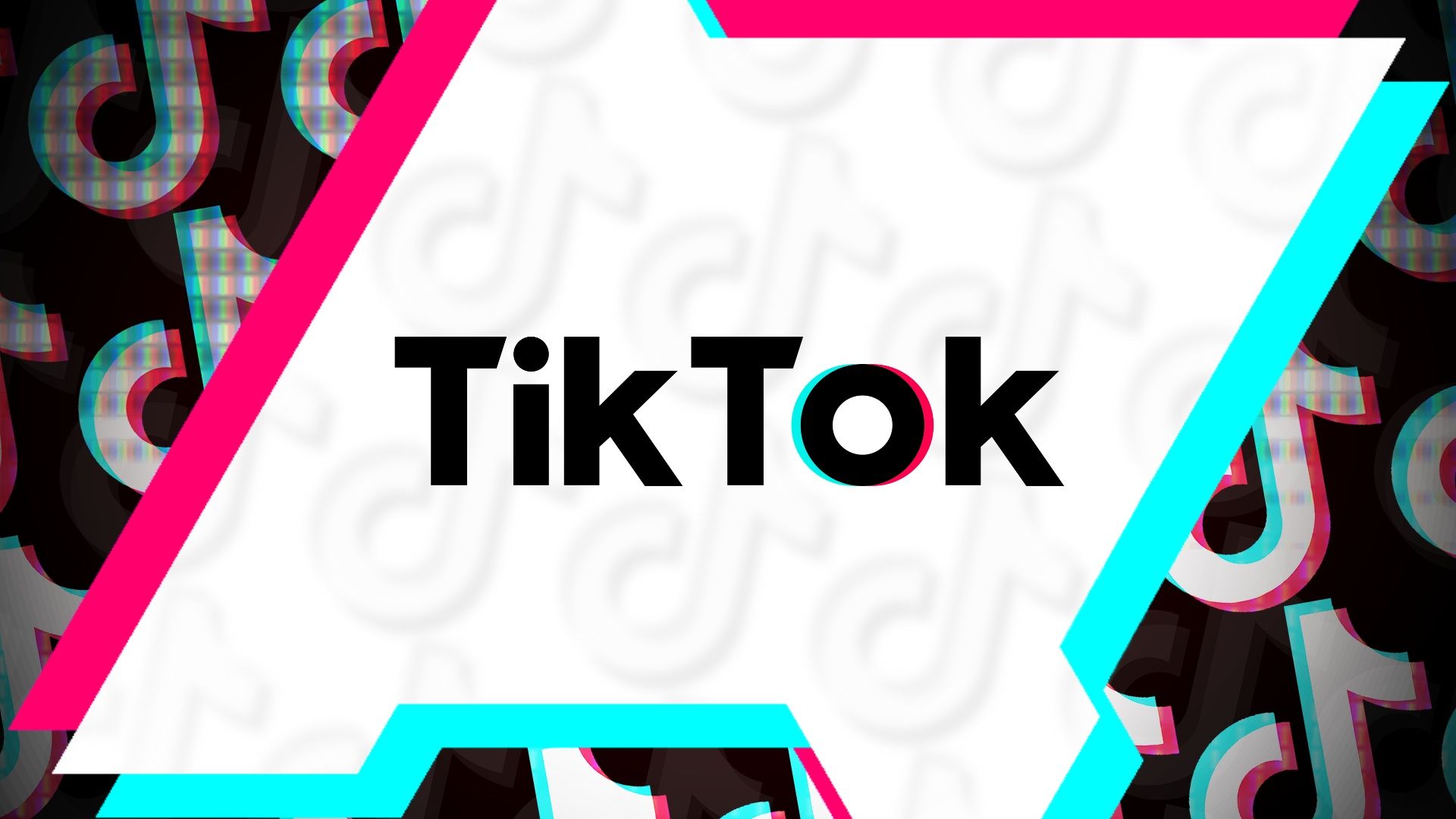Summary
- TikTok faces US ban and must cut ties with ByteDance or risk shutdown, but vows legal battle to save the platform.
- CEO Shou Zi Chew assures TikTok users the app isn’t going anywhere and expects to prevail in defending against the ban.
- Divesting TikTok from ByteDance is a complex process with potential billions at stake, but big tech companies are not showing much interest.
TikTok has gone through so many ups and downs in the United States. The controversy around the ByteDance-owned app started during Donald Trump’s presidency, with politicians accusing the platform of having suspicious ties with the Chinese Communist Party and potentially even acting as a spying tool for China. After multiple rounds of sanctions by the Trump and Biden administrations, it seems like TikTok will have to divest from its parent company, ByteDance, to be able to continue operating in the US.

TikTok may soon use AI to clone your voice, because nothing is real anymore
The recorded audio will go into the TikTok Voice Library
With the TikTok ban bill approved by the US House, Senate, and President Biden, the popular video-sharing app is now at risk of being banned in the US. TikTok now has 270 days to cut its ties with ByteDance or face a ban, but the app doesn’t want to back down.
As Reuters reports, TikTok’s CEO said on Wednesday that the company would start a legal battle against the bill to keep the platform running for its massive user base of over 170 million Americans. “Rest assured – we aren’t going anywhere,” CEO Shou Zi Chew said. TikTok also called the ban legislation unconstitutional (via BBC), adding that “The facts and the Constitution are on our side, and we expect to prevail again.”
TikTok hopes to reverse its ban in the United States
TikTok’s deadline ends on January 19, one day before Biden’s term expires. However, the deadlines could be extended if the US administration sees ByteDance’s progress in selling its beloved app. In the meantime, White House spokesperson Karine Jean-Pierre said people in the Biden administration “don’t want to see a ban,” but that it all goes back to the PRC’s ownership of TikTok.
Divesting TikTok from ByteDance is a complex process. The buyer must have sufficient capital to acquire the app, and both US lawmakers and China need to approve the deal. With TikTok’s staggering user base in the United States, any deal could be worth billions of dollars. Despite this, big tech companies have yet to show much public interest in acquiring TikTok.
TikTok still hopes to rely on First Amendment and free speech advocates to reverse the ban. Back in November, a judge in Montana blocked TikTok’s ban in the state for the same reasons. However, the bill to block TikTok in America has other opponents, such as Senator Laphonza Butler from California, who advised the Biden administration to consider TikTok’s 8,000 employees in the country.
Given that many US tech firms are now operating in China, the CCP also has many options on the table if it should look to retaliate. Last week, the CCP ordered Apple to remove WhatsApp and Threads from its app store in China, citing national security concerns. This could be a precursor to more US apps suffering the same fate as TikTok in China if the app gets banned in the US.





